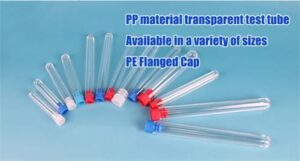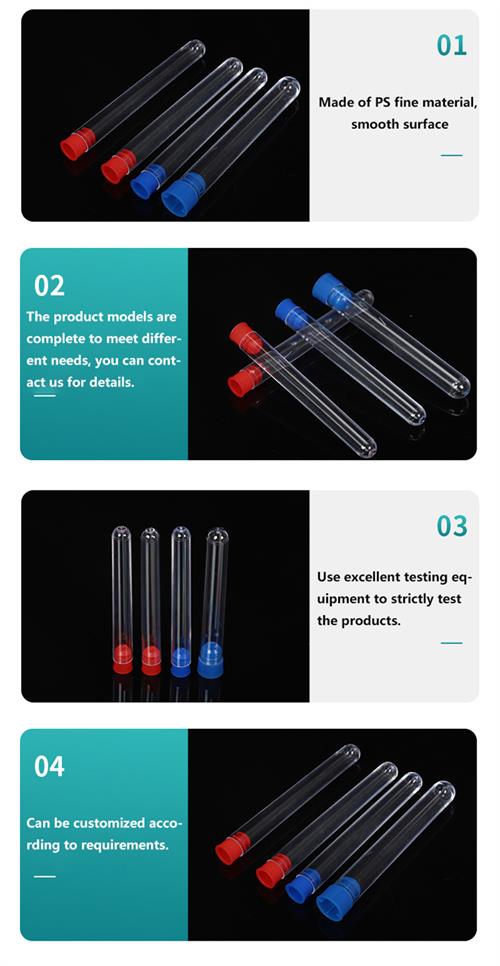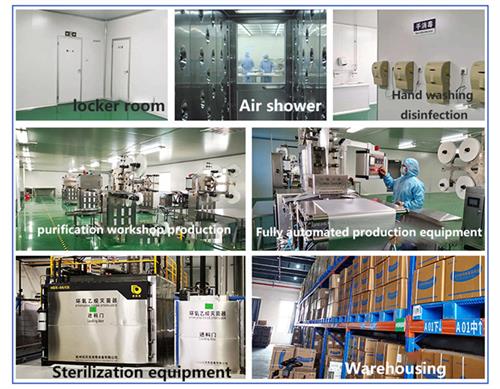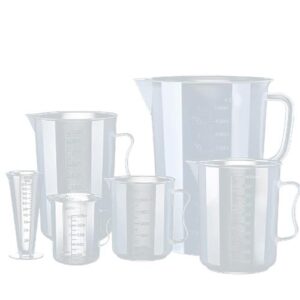Plastic Test Tube
A Plastic Test Tube is a versatile laboratory vessel designed for holding, mixing, and storing liquids and small samples. Widely employed in laboratories, it serves a myriad of purposes, including chemical reactions, image recognition experiments, and sample storage. Whether in educational institutions, medical facilities, research labs, or home-based DIY cosmetic experiments, these test tubes play a crucial role.
Crafted from high-quality materials such as Polypropylene (PP), Polyethylene Terephthalate (PET), Polystyrene (PS), or Glass, Plastic Test Tubes exhibit durability, chemical resistance, and suitability for various laboratory applications.
Available in an array of sizes including 3ml, 5ml, 8ml, and 10ml, these tubes cater to diverse capacities and experimental requirements. The flexibility extends to colors, thicknesses, types, and packaging options, offering adaptability for a wide range of applications.
Additional information
Product Details:
Application of Plastic Test Tubes:
Plastic Test Tubes find applications in:
Educational Settings: Used for practical demonstrations and experiments in schools and universities.
Medical Laboratories: Essential for mixing and storing medical samples in hospitals and clinics.
Research Laboratories: Employed for various chemical reactions and experiments in research facilities.
Home DIY Experiments: Ideal for enthusiasts conducting cosmetic experiments or home-based scientific projects.
Advantages of Plastic Test Tubes:
Chemical Resistance: The chosen materials provide resistance to a variety of chemicals, ensuring the integrity of experiments.
Versatility: Suited for a wide range of capacities, colors, and experimental needs.
Durable Construction: Exhibits robustness to withstand experimental procedures without compromising structural integrity.
Ease of Handling: Lightweight and easy to handle, enhancing convenience during experiments.
Affordability: Cost-effective without compromising on quality, making it an accessible choice for various applications.
Usage Guidelines for Plastic Test Tubes:
Handle with care to prevent breakage, especially when dealing with glass test tubes.
Choose the appropriate size and material based on the specific requirements of the experiment.
Ensure proper cleaning and sterilization before each use to avoid contamination.
Use suitable caps, whether wooden, plastic, or silicon, to secure contents during storage and transportation.
Dispose of used tubes responsibly, adhering to laboratory waste disposal protocols.
Frequently Asked Questions (FAQs) About Plastic Test Tubes:
Q: Can Plastic Test Tubes be used for chemical reactions?
A: Yes, these plastic test tubes are suitable for mixing and reacting various chemical reagents.
Q: What sizes are available for Plastic Test Tubes?
A: Common sizes include 3ml, 5ml, 8ml, and 10ml, catering to different experimental needs.
Q: Are these plastic test tubes suitable for image recognition experiments?
A: Yes, Plastic Test Tubes are commonly used in image recognition experiments.
Q: Can they be used for DIY cosmetic experiments at home?
A: Absolutely, these plastic test tubes are ideal for enthusiasts conducting DIY cosmetic experiments at home.
Q: Do they come in different colors?
A: Yes, these plastic test tubes offer color variations, providing options for experimentation and identification.
Q: Can they be autoclaved for sterilization?
A: Depending on the material, some Plastic Test Tubes can be autoclaved for sterilization.
Q: Are they suitable for storing medical samples in hospitals?
A: Yes, these plastic test tubes are commonly used for storing medical samples in hospital laboratories.
Q: Can they withstand freezing temperatures?
A: It depends on the material; certain types can withstand freezing temperatures.
Q: How should one handle glass test tubes to prevent breakage?
A: Handle glass test tubes with care, avoiding sudden impacts and extreme temperature changes.
Q: Are these plastic test tubes suitable for educational purposes in schools?
A: Absolutely, these plastic test tubes are widely used for practical demonstrations and experiments in educational institutions.
Why Choose JINYE’s Plastic Test Tube:
Quality Material Selection: JINYE ensures the use of high-quality materials, providing reliability and longevity.
Customization Options: The availability of various sizes, colors, and types allows for tailored solutions.
Innovative Cap Choices: From wooden to plastic and silicon caps, JINYE provides versatile options for secure sealing.
Adaptability: Suitable for a broad spectrum of applications, from educational to medical and DIY experiments.
Affordable Excellence: JINYE offers cost-effective solutions without compromising on the quality of Plastic Test Tubes.
Related products
Get Your Medical Consumables Solution
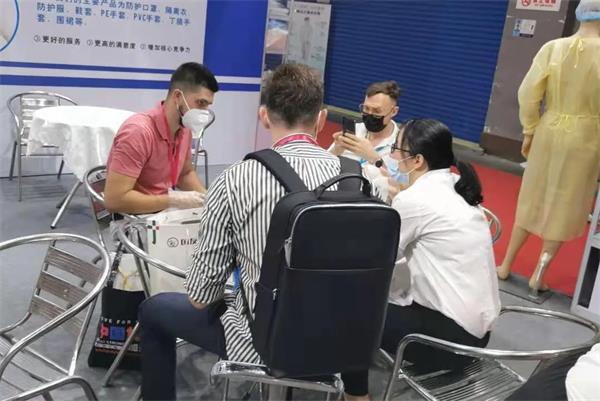
Professional design team to provide you with personalized and customized services




